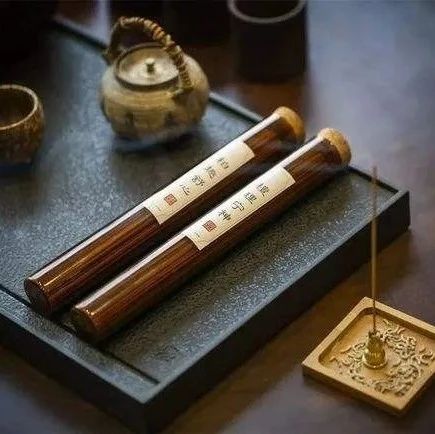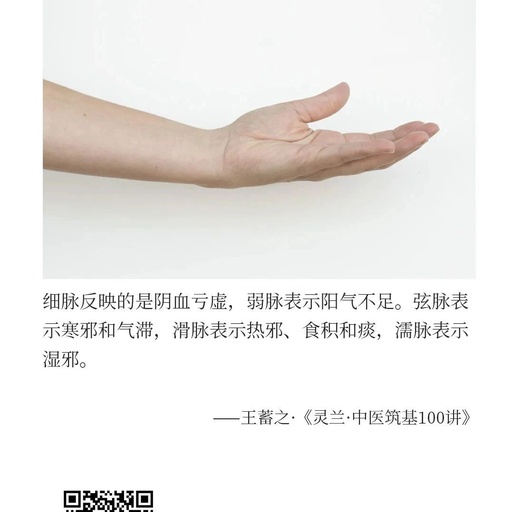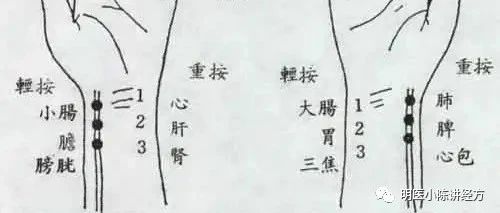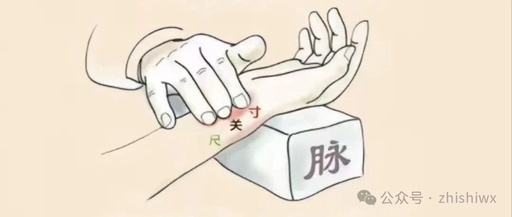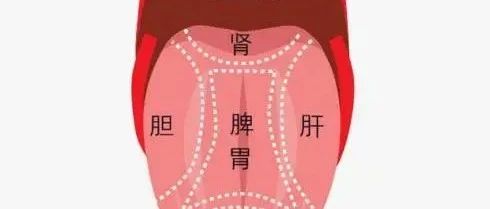Daily Question (97): Which of the following conditions does not typically present with a slippery pulse?
Hello, I am a practitioner of Traditional Chinese Medicine, Wen Junran. Today, I present you with a TCM diagnostic question. The slippery pulse (hua mai) is a common pulse type in TCM pulse diagnosis. It has various significances. Which of the following options generally does not present with a slippery pulse? A, Deficiency of both … Read more

